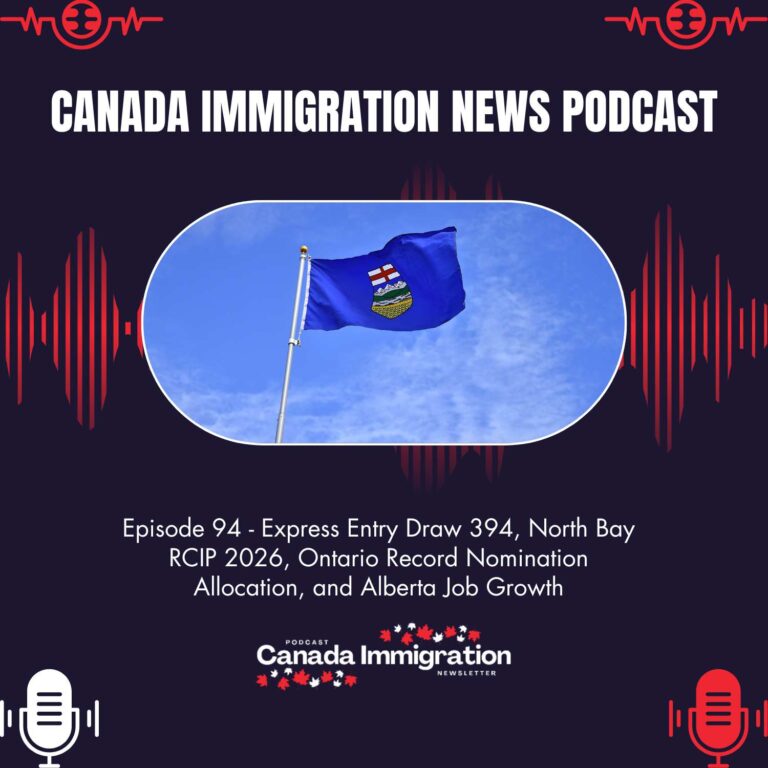Immigration Announcement
IRCC Eases Pre-Removal Risk Assessment Program Eligibility for Congo Nationals

Canada’s immigration system is once again adjusting to respond to global humanitarian emergencies. This time, it’s the Democratic Republic of Congo (DRC) that’s in the spotlight. With alarming levels of violence, ethnic persecution, and instability gripping the nation, Immigration, Refugees and Citizenship Canada (IRCC) eases Pre-Removal Risk Assessment (PRRA) to offer potential protection to those at risk.
In light of the growing conflict involving M23 rebels and credible reports of atrocities, including the execution of children and sexual violence. Canada has expanded access to its Pre-Removal Risk Assessment (PRRA) program. The change applies specifically to DRC nationals who previously received negative decisions on their asylum claims.
Who Is Eligible Under the New Pre-Removal Risk Assessment?
DRC nationals who were issued a negative final decision between July 5, 2024, and July 4, 2025, on either:
- A refugee claim by the Immigration and Refugee Board (IRB), or
- A judicial review decision by the Federal Court,
may now be eligible to reapply for a Pre-Removal Risk Assessment (PRRA). Those whose previous PRRA applications were refused within the same timeframe are also included in this eligibility window. The Canada Border Services Agency (CBSA) will inform eligible individuals under removal orders about this opportunity.
The Canada Immigration System is designed to adapt in real-time to international crises where human rights are being severely violated.
IRCC confirmed the following grave developments in the DRC since January 2025:
- Systematic sexual violence against women and girls
- Recruitment and use of child soldiers
- Mass killings, including children
- Persecution of Hutu and other non-Tutsi ethnic minorities
- Seizure of major cities by armed rebels with foreign support
This kind of widespread violence meets the threshold for IRCC to waive the usual 12-month PRRA application wait period, allowing affected individuals to reapply earlier.
What Is a Pre-Removal Risk Assessment (PRRA)?
The PRRA process is a safeguard within the Canada Immigration System to ensure people are not returned to a country where they are at risk of:
- Torture
- Persecution
- Risk to life, cruel and unusual treatment or punishment
Normally, individuals must wait a full year before applying for a PRRA after a final refusal. However, when a country’s conditions suddenly deteriorate as in the DRC, Canada allows an earlier reapplication under humanitarian principles.
Important: Being eligible to apply does not guarantee success. Each PRRA is assessed on a case-by-case basis. Applicants must provide strong evidence of the risks they face if returned.
Key Dates and Rules at a Glance
| Criteria | Details |
| Eligibility window | July 5, 2024 – July 4, 2025 |
| Applies to | Negative IRB/Federal Court/PRRA decisions |
| Waiver of 12-month wait | Yes, for eligible DRC nationals |
| PRRA application process | Individuals notified by CBSA |
| Applications after July 4, 2025 | Must wait 12 months unless situation worsens further |
| Final decision authority | IRCC officers assess individually |
What DRC Nationals Should Do Now
If you are a national of the DRC and received a negative refugee claim decision in Canada between the eligible dates:
- Wait for notification from the CBSA if you are under a removal order
- Begin gathering updated documents and evidence for your PRRA application
- Keep your contact details current with IRCC
- Stay informed through reliable immigration news sources
If your case falls outside the designated period, you’ll need to follow the usual waiting period of 12 months unless another update is made by IRCC.
Canada Immigration System Offers Lifeline Amid DRC Crisis
The Canada Immigration System continues to act swiftly in the face of humanitarian crises. The decision to expand Pre-Removal Risk Assessment eligibility for DRC nationals shows Canada’s willingness to adjust its policies in times of global distress, offering a temporary but vital shield for those fleeing atrocities. To stay updated on evolving policies, subscribe to Canada Immigration News!
























